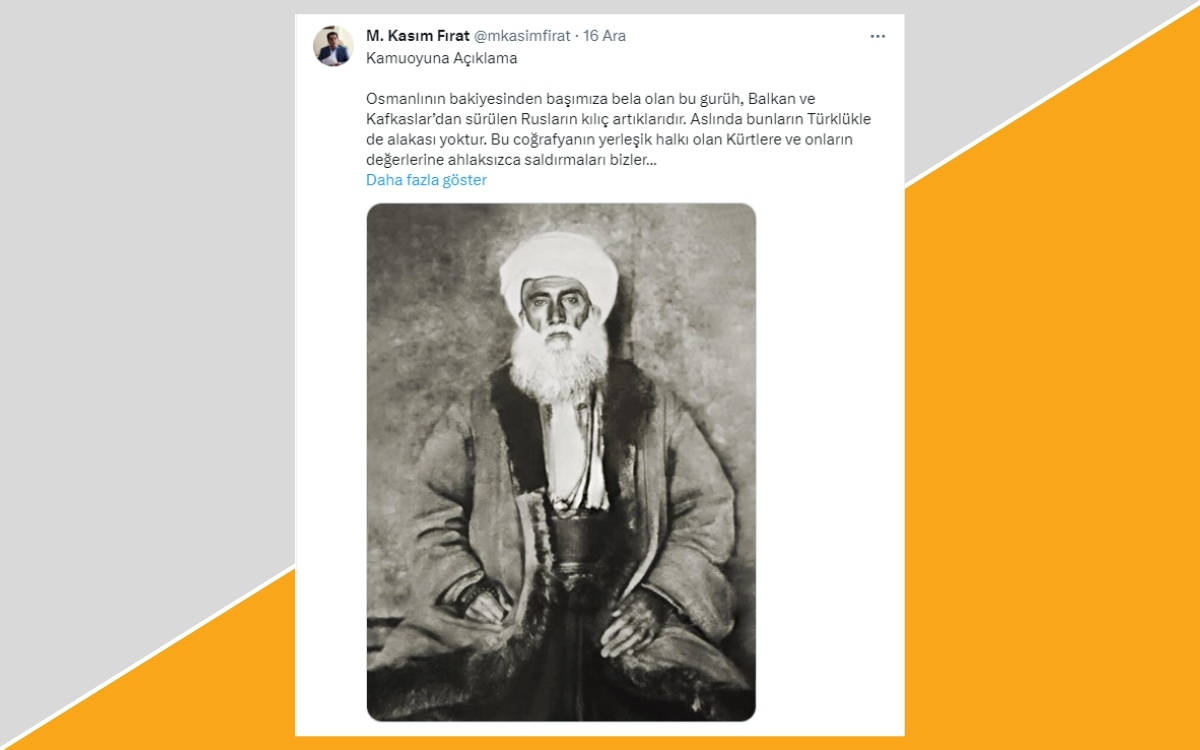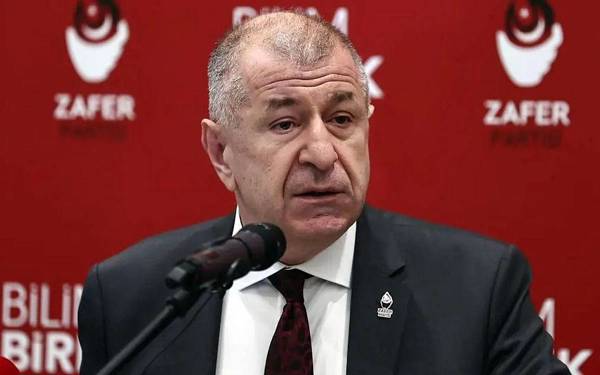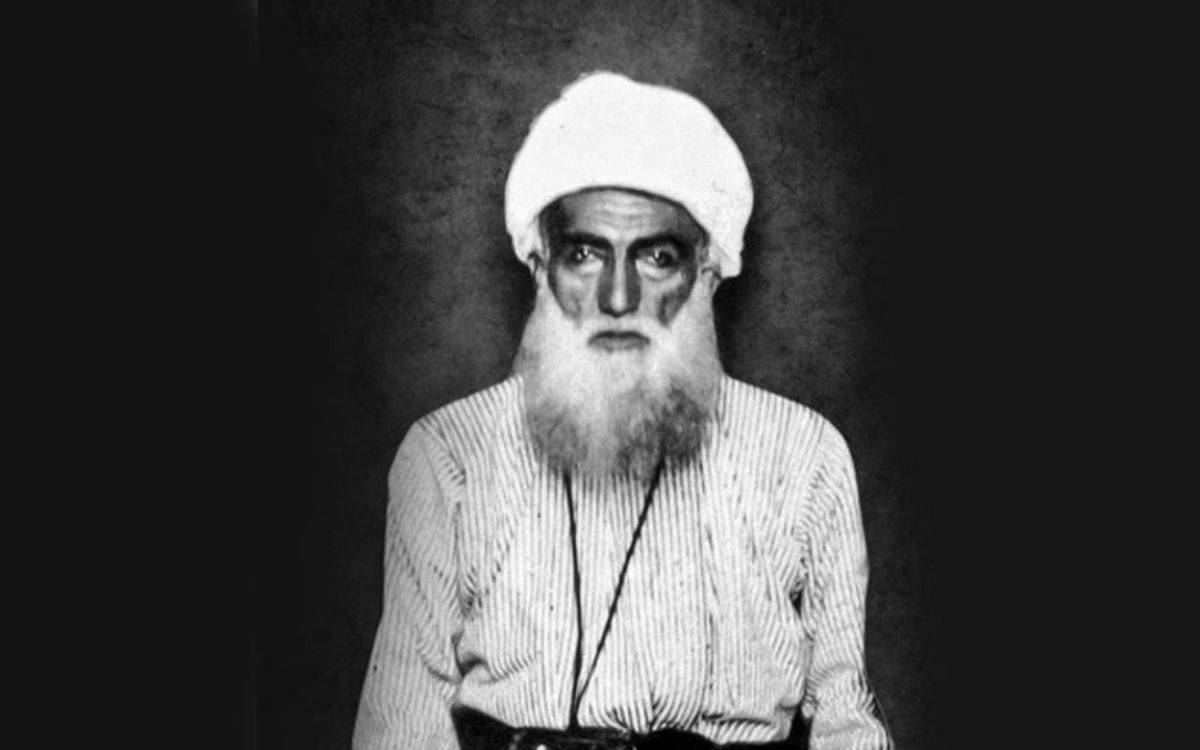Reaction from the Circassians to the 'sword residue' remarks of Sheikh Said's grandson


There has been a reaction towards Mehmet Kasım Fırat, the President of the Şeyh Said and Companions Association, who referred to the the Balkans and Caucasus-origin people living in Turkey as "the sword residues of Russia" amidst the debates that arose after a boulevard in Diyarbakır was named 'Sheikh Said.'
The Circassians accused Fırat, who also is the grandchild of Sheikh Said, of generating hate speech and engaging in discrimination.
The Federation of Caucasian Associations (KAFFED), finding the content and tone of the statement unacceptable, expressed its reaction to Mehmet Kasım Fırat by stating, "Hate speech and discrimination should never be ignored in a democratic society. This discourse not only targets members of the Balkans and Caucasus-origin communities but also threatens social peace and the democratic social order based on human rights. All conscientious and democratic segments of society should take a stance against such rhetoric. We condemn the individual in question and his hate speech tainted with racism. Our Federation will follow up on legal processes related to this statement."
EsKafDer invited Fırat to apologize.
The North Caucasus Culture and Solidarity Association in Eskişehir (EsKafDer) claimed that Fırat's statements show great disrespect to the histories of Caucasian and Balkan immigrant communities.
EsKafDer stated, "The outdated mindset that trivializes historical issues, reducing all the negatives during the period of the Ottoman Empire's collapse and the establishment of the Republic to the existence of various ethnicities, is unacceptable in any way. What the Republic of Turkey needs is to establish interethnic brotherhood, enabling all people to express themselves freely in a Republic." They called on Fırat to apologize for his statement.
The Kayseri Caucasian Association also made a statement, saying, "We condemn the hate speech nature of the words 'sword residues'" and announced that they will follow legal processes against "the ugly rhetoric directed at their ancestors."
What happened?
While the discussions were continuing over naming a boulevard in Diyarbakır 'Sheikh Said,' Mehmet Kasım Fırat had posted a statement saying:
This group, which is a remnant of the Ottoman legacy and a trouble for us, is the sword residue of Russians expelled from the Balkans and Caucasus. In fact, they have no connection with Turkishness. Morally attacking the settled people of this geography, the Kurds, and their values is an unacceptable situation for us.
The uprising initiated by Sheikh Said and his companions in 1925 was precisely against the policies of extermination and annihilation of Kurds, which resulted from the collaboration of these cadres with the British. Interestingly, the fact that the Liberation Struggle that started in 1919 and achieved success within a year also indicates that this was a project. The struggle of Sheikh Said and his companions, for which they paid with their lives and properties, has left a great legacy to the Kurdish people. It is meaningful that in today's Kurdish society, ideologies ranging from Marxist to liberal, from Muslim to non-Muslim, and even some that can be considered radical, support Sheikh Said and his companions and exhibit an important stance.
Know this very well, you the descendants of İttihadists (Unionists)! Don't forget that we will resist with all our might against any attack and indecency directed towards this people and its values."
(HA/PE)





